From e-cigarette use to artificial intelligence, faculty in the Bob Schieffer College of Communication are asking timely questions—and securing competitive research funding to help answer them. This semester alone, Schieffer researchers across communication studies, journalism and strategic communication have earned more than half a million dollars in external grants to support their work.
These awards fuel innovative studies, fund student research assistants, and help cover the everyday costs of research, from participant incentives and software to supplies and lab equipment. Several of the new projects will also take place in the Schieffer Media Insights Lab, giving students hands-on experience with industry-level tools and analysis.
Here’s a look at the faculty leading the way:
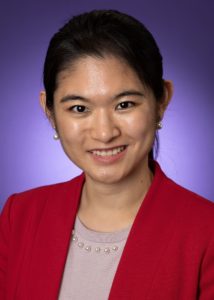
Dr. Yang
Qinghua Yang, Ph.D., Communication Studies
Grant: National Institutes of Health / National Cancer Institute – $407,581
Project: Social Media and E-Cigarette Use
Dr. Yang is leading a three-year study on how social media exposure and engagement affect young adults’ use and dependence on electronic nicotine delivery systems (ENDS). The project will explore both risk and protective factors over time and includes undergraduate research assistants.
Read more about Dr. Yang’s study in this TCU News interview.
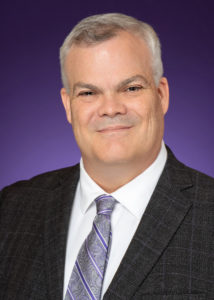
Dr. Stewart
Daxton “Chip” Stewart, Ph.D., Journalism
Grant: Foundation for Individual Rights and Expression – $13,846
Project: Warning Labels and AI Imagery
With AI-generated content on the rise, Dr. Stewart is examining how audiences respond to disclaimers on AI-generated images shared on social media. A central question is whether these warnings are perceived as censorship. The grant supports a paid undergraduate research assistant and covers participant costs and university overhead.
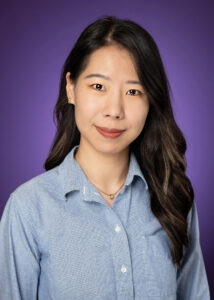
Dr. Liu
Weizi Liu, Ph.D., Strategic Communication
Grant: American Academy of Advertising
Project: Gendered AI and Consumer Trust
Dr. Liu’s research explores how gendered design in AI chatbots affects consumer behavior and trust. “This grant supports my research on how identities in AI agent design influence consumer interaction,” Liu said. “It allows me to design and refine stimuli and recruit participants through multiple iterations.”
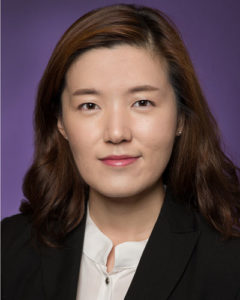
Professor Dr. Kwon
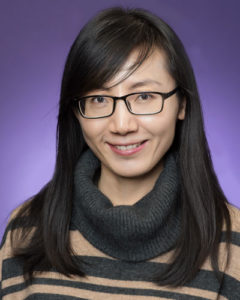
Dr. Ma
Eunseon “Penny” Kwon, Ph.D., and Liang “Lindsay” Ma, Ph.D., Strategic Communication
Grant: American Academy of Advertising
Project: Advertising to Older Consumers
Dr. Kwon and Dr. Ma are studying how older adults respond to advertising featuring elderly models. “With the global aging population, understanding this audience has never been more important,” Kwon said. “We’re excited to contribute to this area of research.”
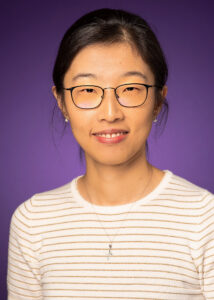
Dr. Zhuang
Jie “Jackie” Zhuang, Ph.D., Communication Studies, and Liang “Lindsay” Ma, Ph.D., Strategic Communication
Grant: Arthur W. Page Center for Integrity in Public Communication
Project: Crisis Communication and AI
Dr. Zhuang and Dr. Ma received funding to study how AI-generated misinformation affects public communication after large-scale crises. The project specifically focuses on weather-related events and how audiences receive and trust crisis messaging.
Why It Matters
In the field of communication, grant funding is vital. It supports student research roles, enables real-time data collection, and gives faculty the resources to ask big questions about our rapidly evolving world. These projects reflect Schieffer College’s commitment to ethical communication, student engagement and data-driven research across disciplines.
